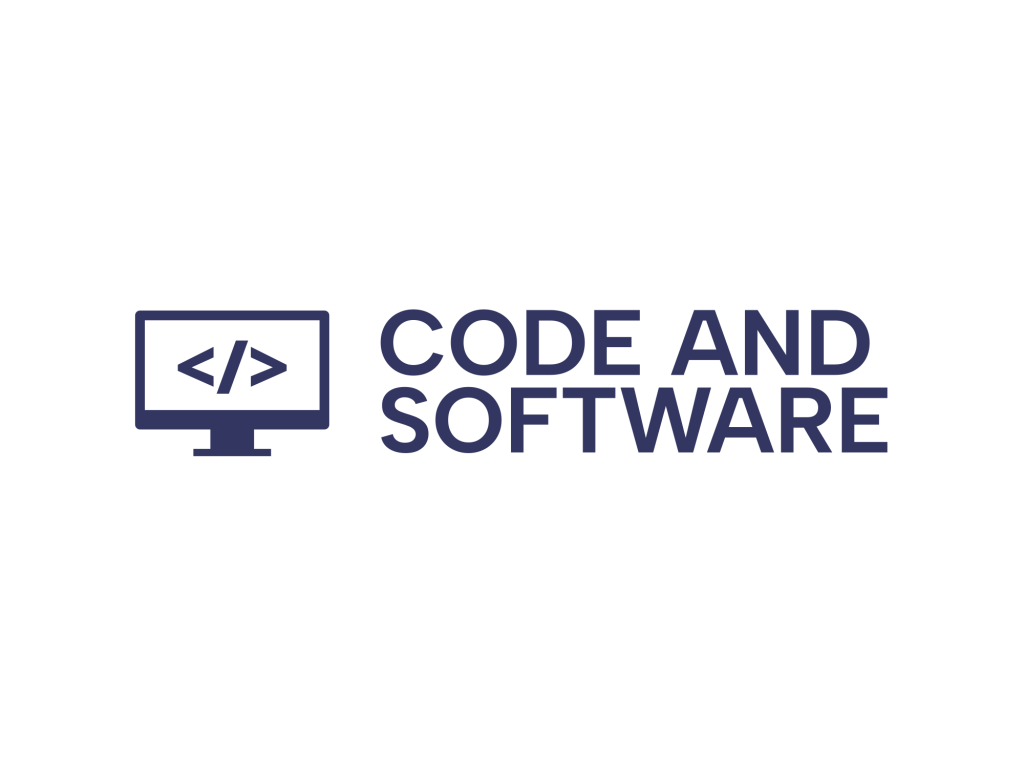The rise of digital content creation and academic publishing has significantly increased the importance and usage of plagiarism detection tools. These tools serve a crucial role in upholding academic integrity and protecting intellectual property. However, while their utility is widely acknowledged, users must also consider the legal implications associated with the deployment of such tools.
Plagiarism detectors function by comparing a given text against vast databases of existing content to identify similarities. The legal debates surrounding their use stem primarily from issues related to copyright law, data privacy, and user consent.
Copyright Concerns
One of the most significant legal questions deals with copyrighted material. When a user submits a document for analysis, some plagiarism detectors—especially online services—store the submitted content in databases. These submissions are sometimes used to compare against future texts. If the tool retains the submitted text, this could lead to potential copyright infringement if proper ownership consents were not secured.
For instance, in education sectors where students’ papers are stored by third-party detection services, institutions must ensure that students grant permission for their work to be retained and utilized beyond the scope of immediate comparison. Failure to do so could breach copyright protections and lead to lawsuits.

Data Privacy and GDPR Compliance
The role of plagiarism detectors also involves handling sensitive data, especially in educational and corporate environments. Documents could contain confidential or personally identifiable information. In areas such as the European Union, the use of plagiarism detection software must comply with regulations like the General Data Protection Regulation (GDPR).
Under such regulations, users must be informed about how their data will be used, who has access, and whether their content will be stored. They also reserve the right to have their data deleted upon request. Organizations using these tools must practice transparency and adhere to strict data processing agreements with software providers.
User Consent and Institutional Responsibility
An often-overlooked but crucial legal aspect is obtaining explicit consent from users before submitting their content to a third-party detection tool. This is especially critical in an academic setting. Students, researchers, and employees should be made aware of the tool’s terms and must be given the chance to either opt in or opt out when possible.
Institutions deploying these tools bear the burden of ensuring that proper agreements are in place. Any lapses can result in liability for unauthorized content processing. Additionally, if a plagiarism detector falsely accuses someone of content theft, this could lead to defamation claims depending on how the results were handled or published.

Technology Limitations and Legal Interpretation
No algorithm is perfect. Plagiarism detectors can falsely flag original content as plagiarized due to similarities in common phrases or citations. Legal risks arise when these tools are used as the sole basis for punitive action without human review. An unjust consequence based on unreliable software can open the door to appeals or legal disputes, especially in academic and professional settings.
It’s paramount that those interpreting the results understand the limitations of these tools and base any allegations of misconduct on more than just algorithmic output.
Conclusion
While plagiarism detectors are undeniably valuable in preserving the integrity of written work, their deployment entails several legal risks that institutions and individuals must carefully consider. Issues surrounding copyright ownership, data handling compliance, and ethical use of algorithmic output demand attention and due diligence. Ensuring transparency, consent, and proper interpretation are critical steps toward legally sound use of these tools.
FAQs
- Is it legal to use a plagiarism detector on someone else’s work?
Only if you have proper authorization or ownership rights over the material. Using such tools without consent can breach copyright laws. - Do plagiarism detectors store content?
Many services store submitted content for comparison against future documents. It’s important to review the service’s privacy policy or terms of use to understand their data storage practices. - Can using a plagiarism detector violate GDPR?
Yes, if personal data is submitted without consent or improperly processed. GDPR mandates transparency and user rights regarding how their data is used. - What happens if a plagiarism detector falsely flags a document?
Students or authors may face unfair consequences. It’s vital for institutions to allow for human review and appeals to mitigate legal exposure from false positives. - Does using a plagiarism tool protect me from legal action?
Not necessarily. While it helps reduce unintentional plagiarism, it doesn’t offer full legal protection. Understanding copyright and proper citation remains essential.


Leave a Reply